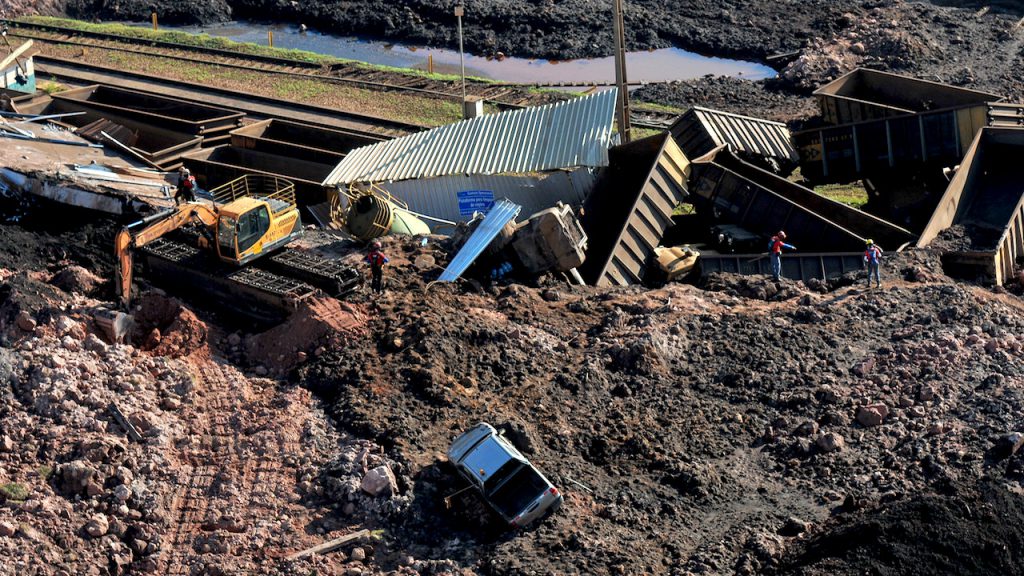Brazilian iron ore miner Vale (NYSE: VALE) has published the results of an independent report into the Córrego do Feijão mine’s tailings dam collapse that killed 270 people last year, which reveals the company knew about the facility’s fragile conditions since 2003.
According to the document, prepared by a committee formed by Vale last year, concerns about how unstable the main B1 dam was were raised at various points over the course of 16 years, but the miner failed to appropriately deal with them.
Concerns about how unstable the main B1 dam was were raised at various points over the course of 16 years, but Vale failed to address them.
Last month, state prosecutors charged Fabio Schvartsman, the chief executive at the time of the burst, and 15 other people with homicide. Schvartsman had left his position at the company in March 2019.
They also charged Vale and its
German contractor, TUV SUD, with environmental crimes, as the burst unleashed
an avalanche of muddy mining waste that polluted the nearby town of Brumadinho,
water streams and agricultural land.
The independent committee, led by former Federal Supreme Court minister Ellen Gracie, concluded the tailings storage facility’s rupture was triggered by structural instability caused by liquefaction.
The situation, it says, was worsened by a series of other factors, including inadequate drainage of the reservoir and the fact the dam was not designed to contain liquefied material.
Previous reports
The tragic incident has triggered in the past year several criminal investigations, a global inquiry into the status of 726 tailing dams, as well as numerous claims that Vale knew about the fragile state of the structure but did nothing.
In mid-December, the company released a long-awaited report from a panel of experts on the technical causes of the dam failure at the mine in Brumadinho. The report found that the failure was “unique” as it occurred “with no apparent signs of distress prior to failure.”
That document acknowledged that parts
of the dam were under very high loading due to its steepness, the heavy weight
of the tailings and the high internal water level.
“The combination of a steep
upstream-constructed dam, high water level, weak fine tailings within the dam,
and the brittle nature of the tailings created the conditions for failure,”
it concluded.

The investigating team provided
recommendations of technical and governance nature, adding that Vale
should evaluate the potential risks at other similar dam structures.
The iron ore giant responded by saying it had already addressed most of the issues mentioned in the recommendations, taking steps to improve its internal controls.
The Rio de Janeiro-based miner said it will announce a timetable for implementing the proposed actions within 30 days.
